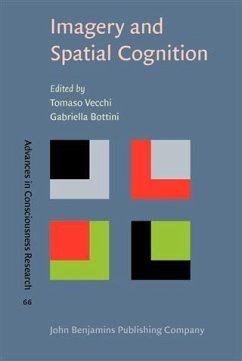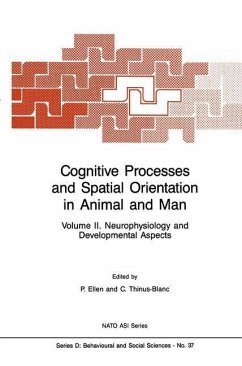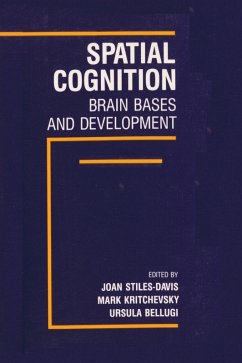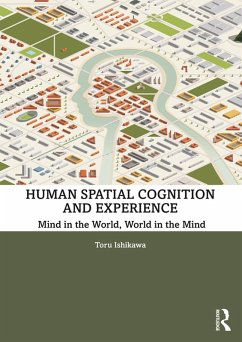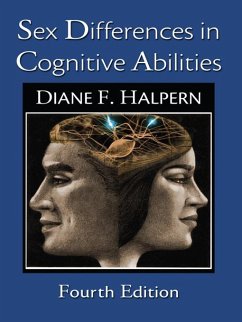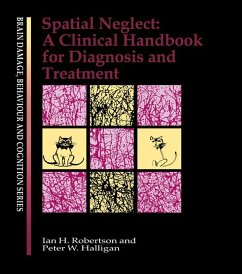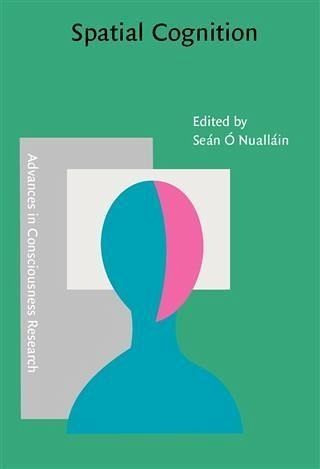
Spatial Cognition (eBook, PDF)
Foundations and applications
Redaktion: O Nuallain, Sean

PAYBACK Punkte
37 °P sammeln!
Spatial Cognition brings together psychology, computer science, linguistics and geography, discussing how people think about space (our internal cognitive maps and spatial perception) and how we communicate about space, for instance giving route directions or using spatial metaphors. The technological applications adding dynamism to the area include computer interfaces, educational software, multimedia, and in-car navigation systems. On the experimental level, themes as varied as gender differences in orientation and - of course, wholly unrelated - the role of the hippocampus in rodent navigat...
Spatial Cognition brings together psychology, computer science, linguistics and geography, discussing how people think about space (our internal cognitive maps and spatial perception) and how we communicate about space, for instance giving route directions or using spatial metaphors. The technological applications adding dynamism to the area include computer interfaces, educational software, multimedia, and in-car navigation systems. On the experimental level, themes as varied as gender differences in orientation and - of course, wholly unrelated - the role of the hippocampus in rodent navigation are described. Much detailed analysis and computational modeling of the structure of short term memory (STM) is discussed. The papers were presented at the 1998 annual meeting of the Cognitive Science Society of Ireland, Mind III. (Series B)
Dieser Download kann aus rechtlichen Gründen nur mit Rechnungsadresse in A, B, BG, CY, CZ, D, DK, EW, E, FIN, F, GR, HR, H, IRL, I, LT, L, LR, M, NL, PL, P, R, S, SLO, SK ausgeliefert werden.




